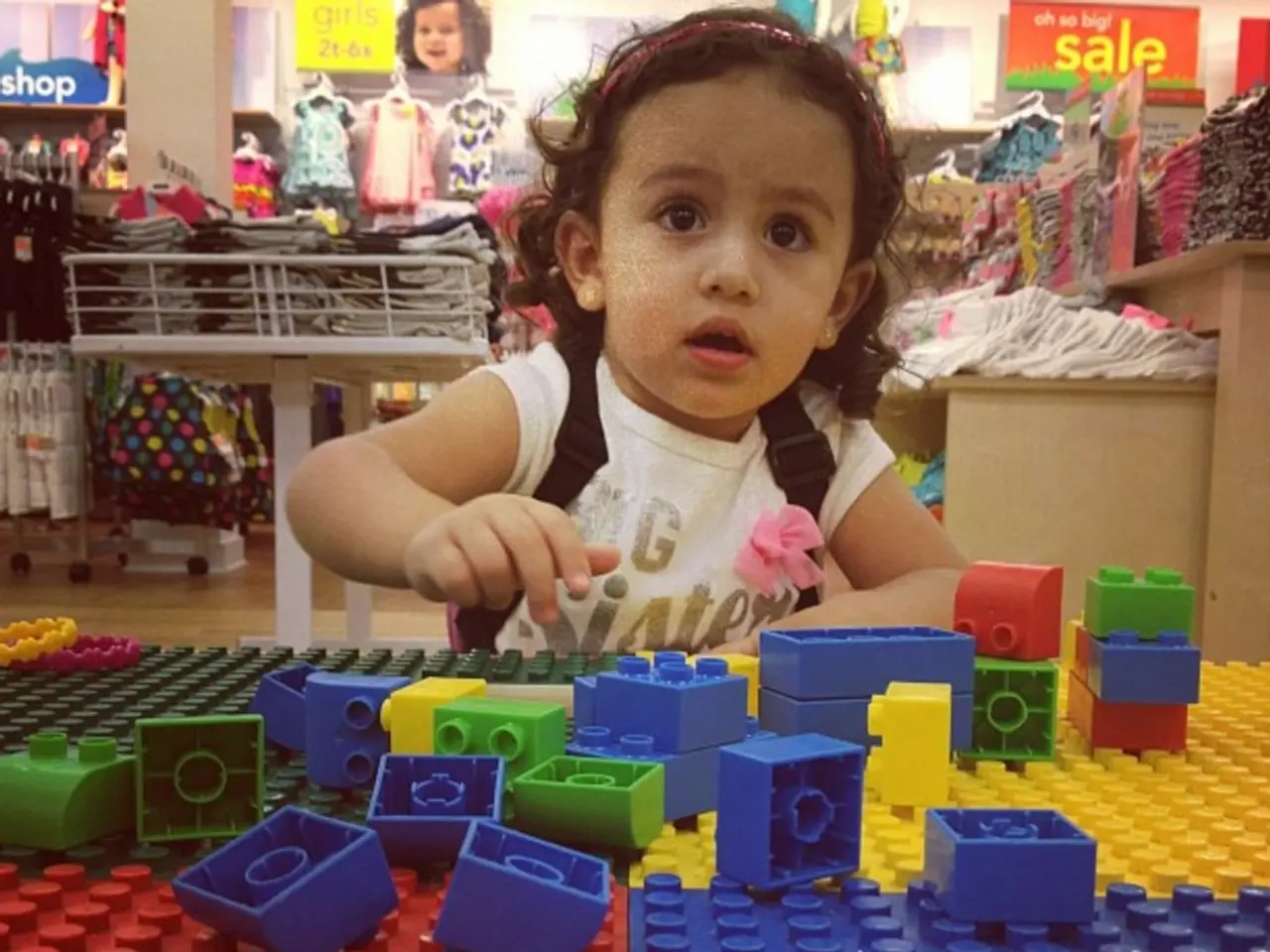Transforming the Concept of Maturity: The Shift in the Appearance of Adulthood Today
In a groundbreaking study conducted by the University of York in 2024, the traditional markers of adulthood, such as marriage, parenthood, and homeownership, have been found to decline in importance and prevalence[1]. This shift in perspective challenges us to redefine what it means to be an adult in modern society.
The study surveyed over 700 UK adults aged 18 to 77 and found that only 22-40% of these "adults" participated in traditional milestones such as marriage, career establishment, or parenthood[1]. Yet, those who have achieved these milestones tend to feel more like adults, even if they don’t view these milestones as defining adulthood itself.
Crucially, the study highlights the role of subjective or psychological adulthood—how people feel about being adults—as a strong predictor of whether individuals perceive themselves as adults. This suggests that adulthood is as much about identity and belief as it is about objective milestones[1].
The researchers advocate for more positive narratives around adulthood that emphasize psychological growth, resilience, emotional intelligence, and navigating complexity—qualities arguably more relevant today than traditional markers. In a context of economic instability, social fluidity, and cultural emphasis on self-actualization, adulthood is perceived less as a fixed stage and more as a diverse, evolving experience[1].
Supporting this perspective, a 2024 meta-analysis on adulthood markers found that while traditional markers like settling into a long-term career are still important, others such as becoming a parent are important to fewer people[2]. Subjective feelings of adult status vary widely, reflecting the fluidity and ambiguity in how adulthood is experienced.
The York study invites us to see adulthood not as a fixed state, but as a lifelong practice, a way of becoming[1]. This shift in the definition of adulthood echoes broader philosophical traditions that view identity as a verb, not a noun.
In Kao's study "Preparation for Adulthood: Shifting Responsibility for Management of Daily Tasks From Parents to Their Children," the assumption of adult responsibility is a gradual transition, often stretching over a decade or more[3]. This gradual process aligns with the University of York's findings, suggesting that adulthood is a journey, not a destination.
In a world marked by economic instability, social fluidity, and a culture that prizes self-actualization over conformity, we are left to ask if adulthood is being delayed or rewritten. The shift in the definition of adulthood echoes Rogoff's theory of "guided participation," which suggests that cultural expectations and familial values shape how and when young people learn to manage their own lives, making adulthood a developmental arc deeply embedded in culture, context, and community[4].
Full-time employment often requires multiple degrees, internships, and side hustles, making the traditional path to adulthood increasingly complex and uncertain. In this context, fostering more positive narratives around adulthood, elevating and validating diverse ways people come of age today, becomes all the more important.
References:
[1] University of York. (2024). The Evolving Psychology of Adulthood: A Study on the Changing Landscape of Adulthood in Modern Society.
[2] Greenfield, T. K., & Cocking, R. R. (2024). Adulthood Markers: A Meta-analysis.
[3] Kao, G. T. (2019). Preparation for Adulthood: Shifting Responsibility for Management of Daily Tasks From Parents to Their Children.
[4] Rogoff, B. (2003). The Cultural Nature of Human Development: Implications for Education.
- The study at the University of York in 2024 suggests that the perception of adulthood is moving away from traditional milestones like marriage and homeownership towards a focus on psychological maturity and personal growth, which can be found in the realms of education-and-self-development, lifestyle, and mental health.
- In line with this shift, a meta-analysis conducted in 2024 revealed that while career establishment and parenthood still hold some importance, the subjective feelings of adult status vary widely, indicating the fluidity and ambiguity in how adulthood is experienced.
- Embracing such a perspective, the researchers advocate for editorials, educational materials, and cultural narratives that highlight the importance of resilience, emotional intelligence, and navigating complexity, instead of emphasizing outdated markers of adulthood such as homeownership or career establishment.




